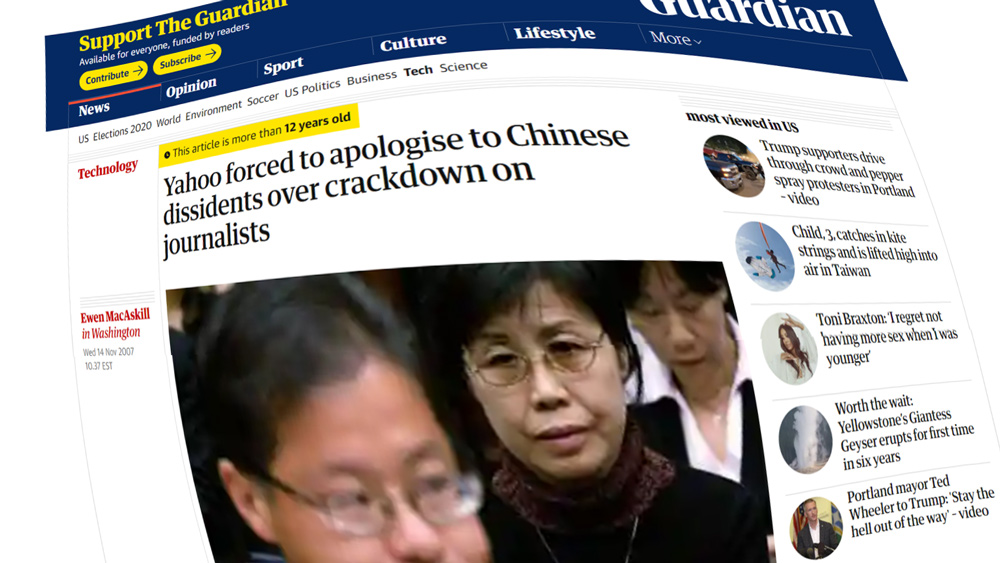Governments must appear, at least some of the time, to be riding a silver stallion to rescue The People. All government rests on a kind of consent: not legal; not democratic; instead, the accommodation of the many to the few — to accept being ruled. This has been known since David Hume.
So when governments pretend to be more democratic, more contractual, than they actually are, it’s to maintain and increase power.
Take China.
In a fascinating report by Liz Wolfe, we learn that the Chinese Communist Party (CCP) is establishing new rules regulating corporations’ use of their customers’ data: “the Personal Information Protection Law (PIPL), necessarily weakens big tech companies, forcing onerous regulations that they will now have to comply with.”
This may sound all very consumer- and citizen-oriented. But Ms. Wolfe not only notes that the regulations are burdensome, she observes that while China’s corporations will soon be prevented from doing things big tech companies routinely do in the West, the Chinese will pointedly not be protected from data collection by the government.
Which is vast.
Intrusive.
Often malign.
“Protection of consumer data, while fine and good, means nothing,” she writes, “if there’s no true rule of law binding governments to privacy-protecting standards as well.”
Almost certainly China is trying to prevent in China what happened in America: the creation of powerful countervailing organizations competing with the government in one of the oldest activities of government: suppression of opinion to leverage power and revolutionize the State, changing policy from outside formal power centers.
Our social media — and other major tech corporations — have plied their incredible access to information to mold popular opinion for political and ideological purposes.
The CCP will not put up with that.
This is Common Sense. I’m Paul Jacob.
—
See all recent commentary
(simplified and organized)



